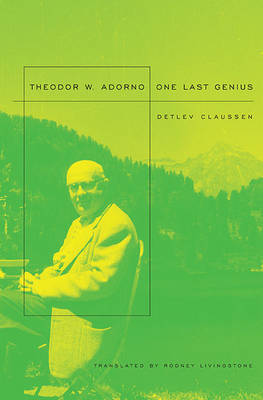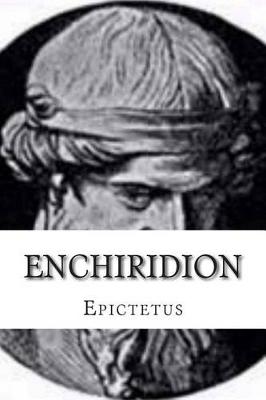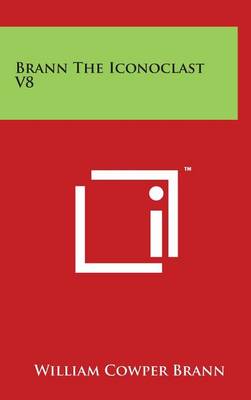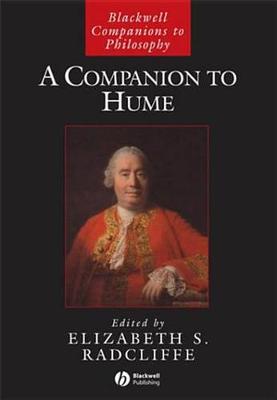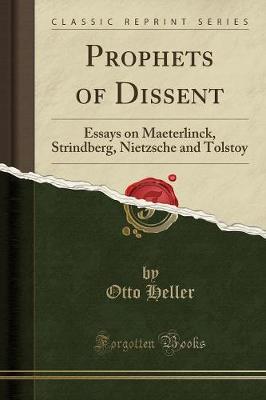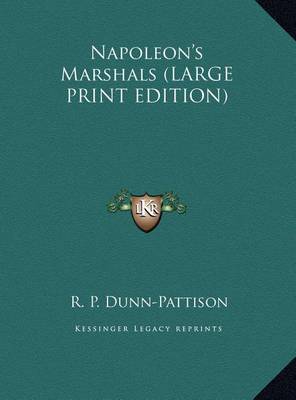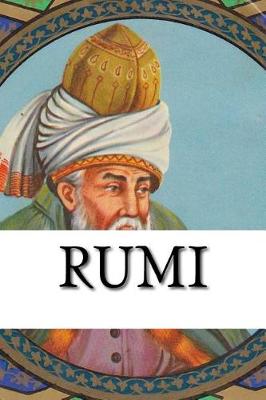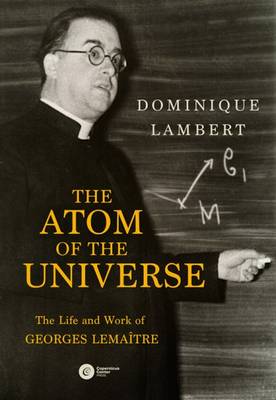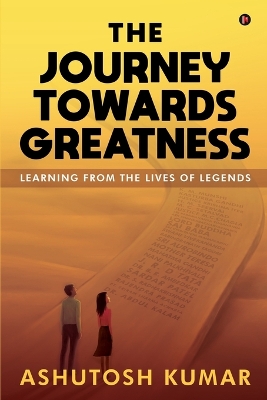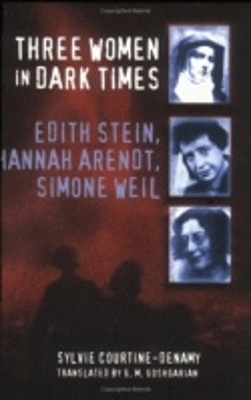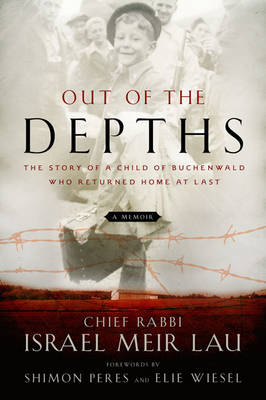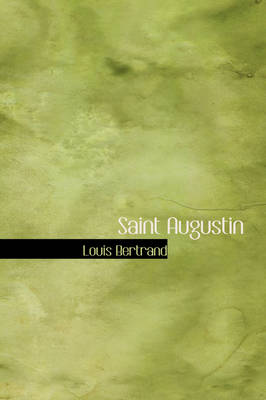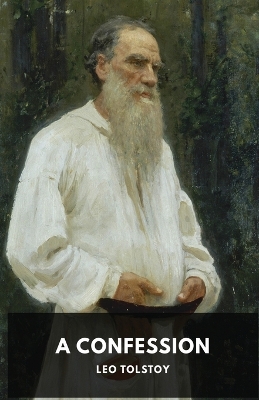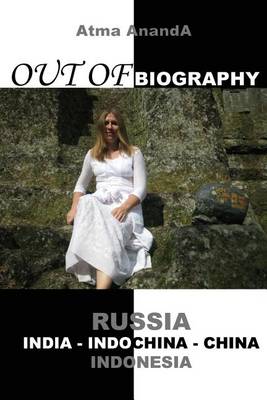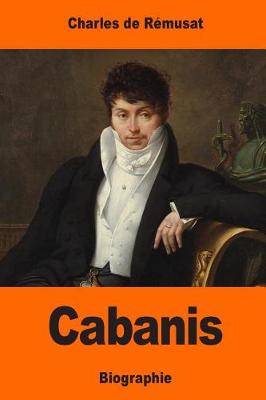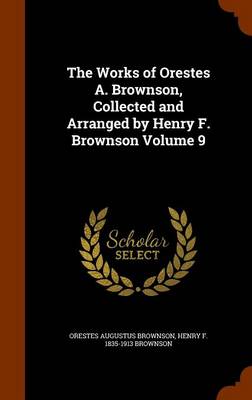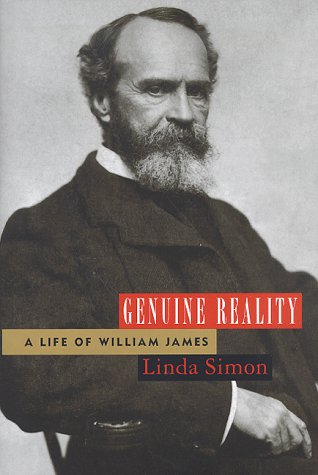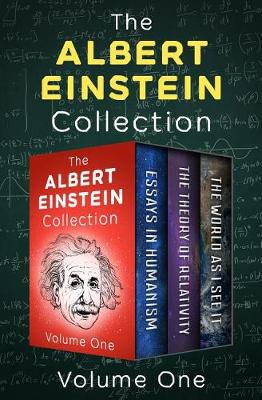This book gives us our first clear look at how the man and his moment met to create "critical theory." An intimate picture of the quintessential twentieth-century transatlantic intellectual, the book is also a window on the cultural ferment of Adorno's day-and its ongoing importance in our own.
The Life of David Hume
by Professor of English Ernest Campbell Mossner
Enchiridion (Selection from the Discourses of Epictetus with the Encheiri) (Dover Thrift Editions)
by George Long and Epictetus
The Enchiridion or Manual of Epictetus is a short manual of Stoic ethical advice from the 2nd-century Greek Stoic philosopher Epictetus. The focus is on applying philosophy in daily life. The primary theme is that one should accept what happens. The Enchiridion, along with the Meditations of Marcus Aurelius and Seneca's Letters From A Stoic, is one of three key texts from which the modern world knows Stoicism.
A Companion to Hume (Blackwell Companions to Philosophy, #77)
Comprised of twenty-nine specially commissioned essays, A Companion to Hume examines the depth of the philosophies and influence of one of history's most remarkable thinkers. Demonstrates the range of Hume's work and illuminates the ongoing debates that it has generated Organized by subject, with introductions to each section to orient the reader Explores topics such as knowledge, passion, morality, religion, economics, and politics Examines the paradoxes of Hume's thought and his legacy, cove...
Three women, all philosophers, all of Jewish descent, provide a human face for a decade of crisis in this powerful and moving book. The dark years when the Nazis rose to power are here seen through the lives of Edith Stein, a disciple of Husserl and author of La science et la croix, who died in Auschwitz in 1942; Hannah Arendt, pupil of Heidegger and Jaspers and author of Eichmann in Jerusalem, who unhesitatingly responded to Hitler by making a personal commitment to Zionism; and Simone Weil, a...
Israel Meir Lau, one of the youngest survivors of Buchenwald, was just eight years old when the camp was liberated in 1945. Descended from a 1000-year unbroken chain of rabbis, he grew up to become Chief Rabbi of Israel and like many of the great rabbis, Lau is a master storyteller. Out of the Depths is his harrowing, miraculous and inspiring account of life in one of the Nazis' deadliest concentration camps and how he managed to survive against all possible odds. Lau, who lost most of his famil...
The quotations from Saint Augustin's Confessions are taken from Canon Bigg's scholarly version, which seems to me the best in English. But there are places where M. Bertrand's reading of the original text differs from Dr. Bigg's, and in such cases I have felt myself obliged to follow the author of this book. These differences never seriously affect the meaning of a passage; sometimes it is a mere matter of choice, as with the word collactaneum (i, 7) which Dr. Bigg translates "twin," and M. Bert...
A Confession (Penguin Books: Great Ideas) (Hesperus Classics)
by Leo Tolstoy
In 1879 the fifty-one-year-old author of War and Peace and Anna Karenina came to believe that he had accomplished nothing and that his life was meaningless. Marking a shift in his career from the aesthetic to the religious, Tolstoy's Confession relates this spiritual crisis, posing the question: Is there any meaning in my life that will not be destroyed by my death? It is a timeless account of an individual's struggle for faith and meaning.
The Works of Orestes A. Brownson, Collected and Arranged by Henry F. Brownson Volume 9
by Orestes Augustus Brownson and Henry F 1835-1913 Brownson
Intellectual rebel, romantic pragmatist, aristocratic pluralist, William James was both a towering figure of the nineteenth century and a harbinger of the twentieth. Drawing on a wide range of sources, including 1,500 letters between James and his wife, acclaimed biographer Linda Simon creates an intimate portrait of this multifaceted and contradictory man. Exploring James's irrepressible family, his diverse friends, and the cultural and political forces to which he so energetically responded, S...
In this non-technical introduction the author explains the nature of Wittengenstein's thought, and its impact on contemporary philosophy. Grayling distinguishes between an earlier period up until the completion of the work "Tractatus logico-philosophicus", published in 1921, and Wittgenstein's return to philosophy some years later when he worked out a new approach to the questions of thought, language, mind and knowledge. The book compares and contrasts the two periods of Wittgenstein's thought...
